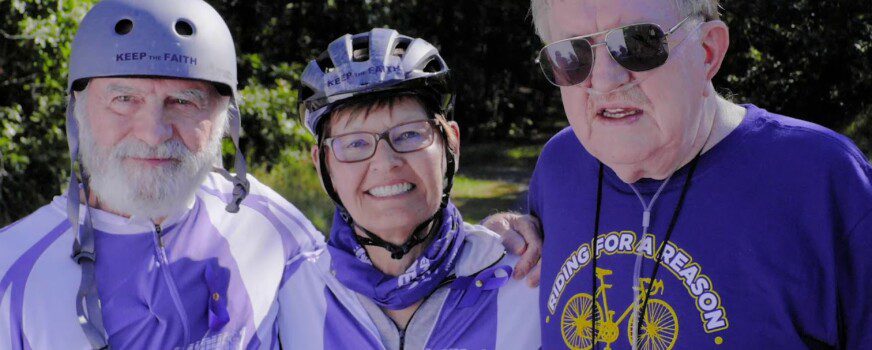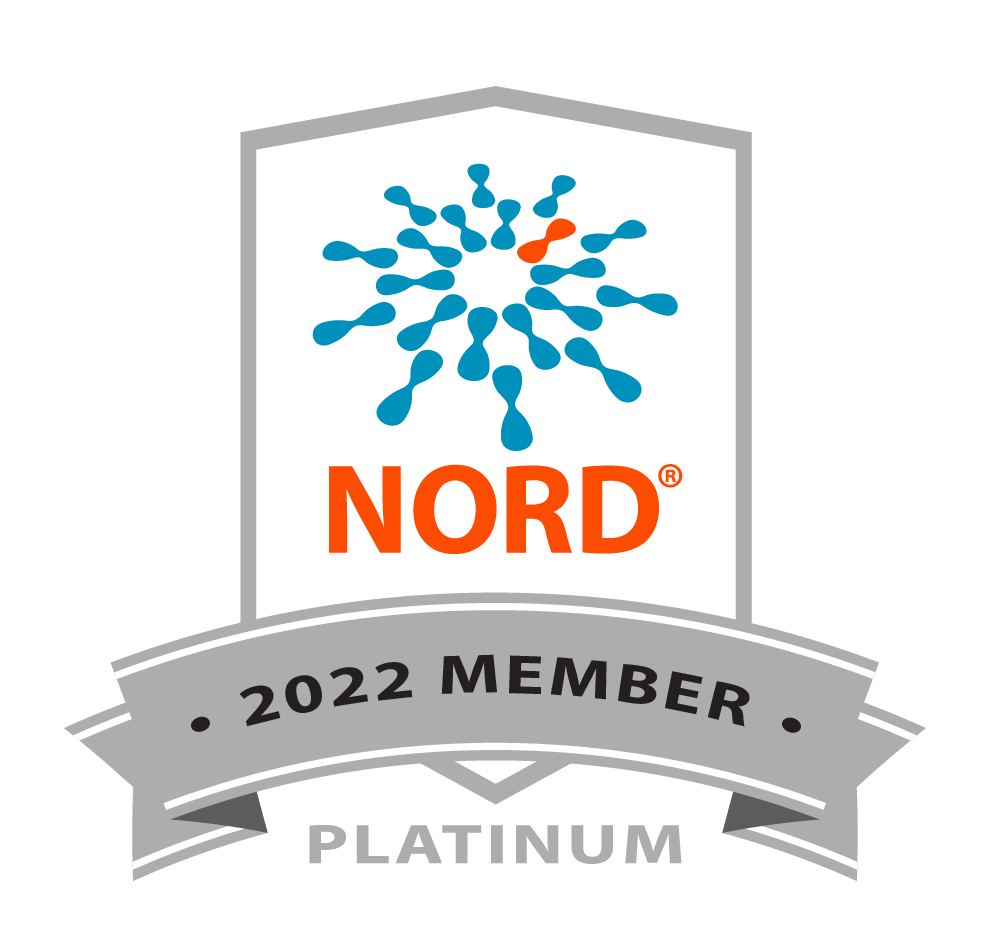“Mary has been an incredible role model in our Alpha-1 community, we wish her continued good health in her retirement. Team Alpha-1 remains a strong advocate for patient empowerment to get involved for Alphas and families. We are so grateful to have Mary on our team,” said Angela McBride, Alpha-1 Foundation Director of Corporate Relations and Community Engagement.
PUBLISHED BY UNIVERSITY OF MICHIGAN/MICHIGAN MEDICINE
APRIL 3, 2023- In a world where 50% of people who undergo lung transplants live about 6 years after their surgeries, Mary Pierce is a rarity.
Mary Pierce still remembers the first deep breath she took after her lung transplant.
For so many years, she hadn’t been able to fill her lungs with air. While eating, she had to take breaks to breathe. She couldn’t ride her motorcycle anymore because she couldn’t take in enough oxygen with the shield on her helmet closed.
But after her successful double lung transplant at the University of Michigan Transplant Center, she could finally inhale fully again.
“I said, ‘If this is the only good breath I get, I’ll be a happy camper,’” Mary Pierce said. “Now it’s 30 years later. I didn’t expect to live this long.”
That’s because 50% of people who undergo lung transplants live about six years after their procedures given their susceptibility to infection. That number has barely budged since Mary Pierce’s transplant on April 3, 1993.
Yet Mary Pierce, now 76, is one of a small group of patients who have far outlived expectations. Among the medical community, there’s not a definitive answer as to why these patients do so much better than others.
For Mary Pierce, they say, it was likely a combination of factors.
Her diagnosis of the rare disease alpha-1 antitrypsin deficiency, which, despite often causing significant lung problems, has decent survival rates after transplant.
The fact that she received a double lung transplant instead of a single one, a rarity at the time.
Her high-quality medical care. Her commitment to diet and exercise. The purpose she found in raising awareness around alpha-1 and transplantation by riding her bike across the country and in competitions like the World Transplant Games, where she won a gold medal in 1995.
“She’s dauntless,” said Mary Pierce’s husband, Todd Pierce. “If there’s a problem, let’s get at it — over, around, under or through. That’s her orientation to any problem she comes across.”
And ultimately, she was probably a bit lucky.
“A good portion of survival is the medical care we get,” Mary Pierce said. “A good portion is what we as the patients put into it. The rest of it is pure luck.”












